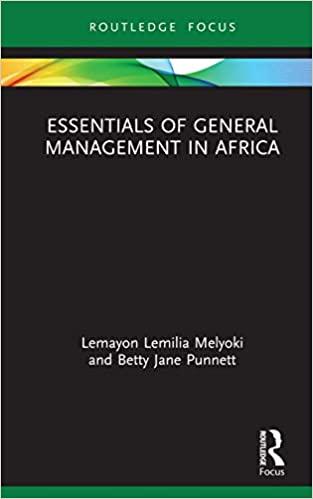Answered step by step
Verified Expert Solution
Question
1 Approved Answer
was the dispute resolved? in retrospect could this dispute have been resolved in a more constructive fashion? if so, how? Collective bargaining rights The National
was the dispute resolved? in retrospect could this dispute have been resolved in a more constructive fashion? if so, how?



Collective bargaining rights The National Labor Relations Act gives you the right to bargain collectively with your employer through a representative that you and your coworkers choose. What does that mean? Your union and employer must bargain in good faith about wages, hours, and other terms and conditions of employment until they agree on a labor contract or reach a stand-off or "impasse." If negotiations reach an impasse, an employer can impose terms and conditions so long as it offered them to the union before impasse was reached. Once a contract is in place, neither party may deviate from its terms without the other party's consent, absent extraordinary circumstances. If a contract expires before the next contract is in place, almost all the terms of the expired contract continue while the parties bargain (the exceptions being union security, management rights, no-strikeo-lockout, and arbitration provisions). In 1935, Congress passed the National Labor Relations Act ("NLRA"), making clear that it is the policy of the United encourage collective bargaining by protecting workers' full freedom of association. The NLRA protects workplace d providing employees at private-sector workplaces the fundamental right to seek better working conditions and des representation without fear of retaliation. NATIONAL LABOR RELATIONS ACT Also cited NLRA or the Act; 29 U.S.C. 151-169 [Title 29, Chapter 7, Subchapter II, United States Code] (Section 8(d) \& 8(a)(5)) Employers have a legal duty to bargain in good faith with their employees' representative and to sign any collective bargain agreement that has been reached. This duty encompasses many obligations, including a duty not to make certain changes without bargaining with the union and not to bypass the union and deal directly with employees it represents. These examp barely scratch the surface. Section 8(d) of the Act sets forth what is encompassed within the duty to bargain collectively. Section 8(a)(5) of the Act make an unfair labor practice for an employer "to refuse to bargain collectively with the representatives of its employees, subject t provisions of Section 9(a)" of the Act. (An employer that violates Section 8(a)(5) also derivatively violates Section 8(a)(1).) For example, you may not - Make changes in wages, hours, working conditions, or other mandatory subjects of bargaining before negotiating with union to agreement or overall impasse, unless (1) the union prevents the parties from reaching agreement or impasse; economic exigencies compel prompt action; or (3) the proposed change concerns a discrete, recurring event scheduled recur in the midst of bargaining (such as an annual merit-wage review), and you give the union notice and opportunity bargain over that matter. - Fail to meet with the union at reasonable times and reasonable intervals. - Fail to bargain in good faith concerning mandatory subjects of bargaining. - Engage in bad-faith, surface, or piecemeal bargaining. - Refuse to furnish information the union requests that is relevant to the bargaining process or to the employees' terms o conditions of employment. - Refuse to sign a writing that incorporates a collective-bargaining agreement you have reached with the union. - Modify any term of a collective-bargaining agreement without the union's consent
Step by Step Solution
There are 3 Steps involved in it
Step: 1

Get Instant Access to Expert-Tailored Solutions
See step-by-step solutions with expert insights and AI powered tools for academic success
Step: 2

Step: 3

Ace Your Homework with AI
Get the answers you need in no time with our AI-driven, step-by-step assistance
Get Started


